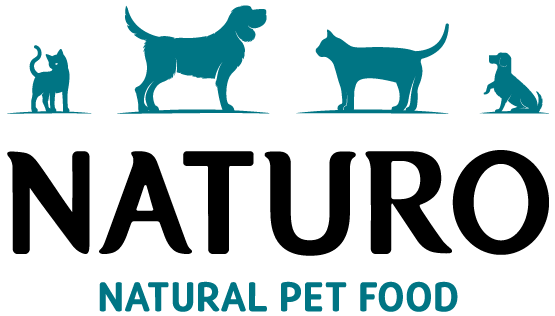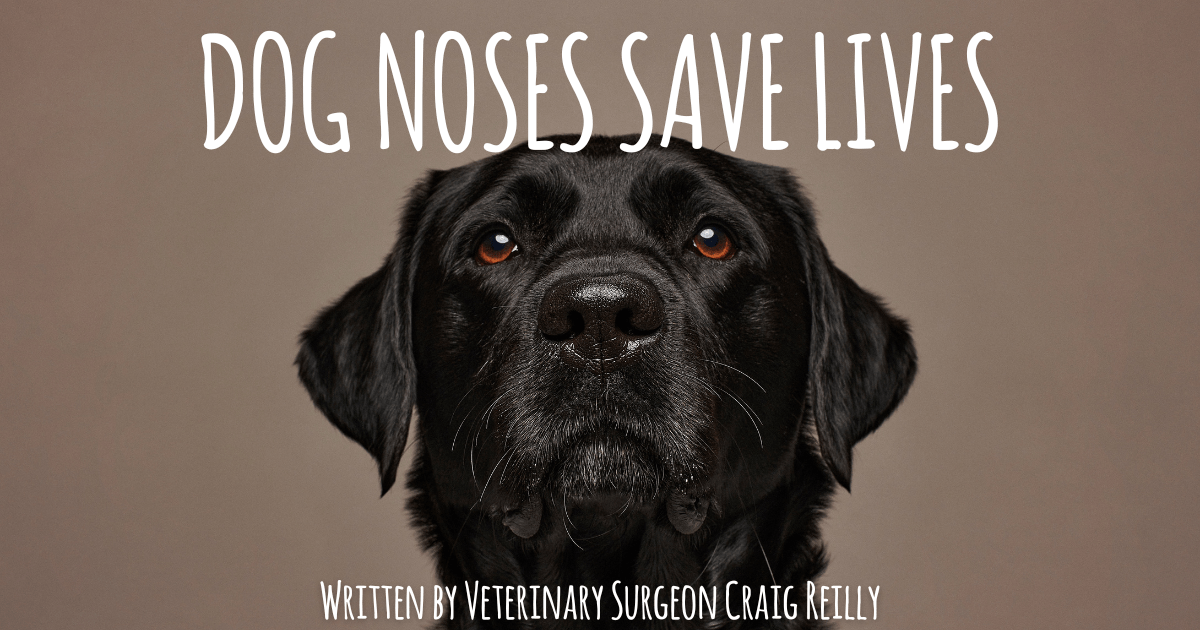Dog Noses Save Lives!
Ever since we first started the process of domesticating our canine companions, mankind has benefited from its relationship with these wonderful, faithful companions. The amazing ability to detect scent has been exploited for many thousands of years, breeding dogs especially good at scenting to help on the hunt for all sorts of various wildlife.
Covid 19
Dogs can detect one drop of liquid in a volume of water equivalent to two Olympic-sized swimming pools. In more recent times mankind has developed many far more sophisticated uses for this incredible sense of smell. Over the last two years, our lives have been dominated by Covid 19, and we have all grown used to nasal or throat swabs for lateral flow testing. If positive, the lateral flow can be tested/confirmed by the more sensitive PCR test. Did you know that in scientific studies, dogs have been shown to be as good as a PCR in detecting coronavirus infection in asymptomatic humans? How amazing!
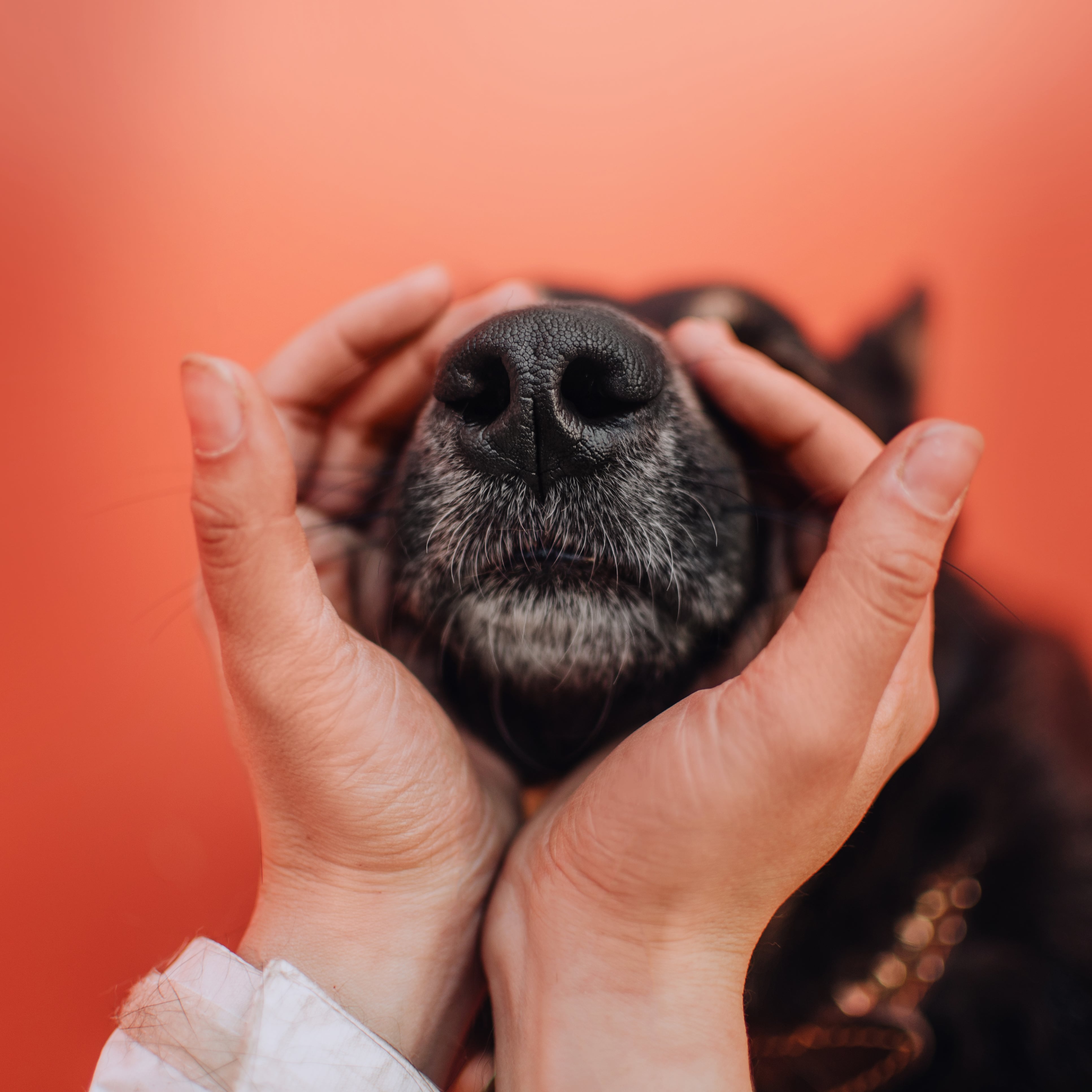
Future medicine role for these super-smellers?
Scientists and doctors envision a possible role for detection dogs in general practice, assisting the medical teams to detect diseases of all different types. Sounds like science fiction but is already a reality for many clinical situations.
There is an established UK charity, Medical Detection Dogs, already working with patients suffering a huge variety of issues. Medical Alert Detection Dogs can accurately detect changes in blood glucose levels – how incredible is that? These fantastic creatures are helping patients live with Type 1 Diabetes. They are also helping people with controlling Addison’s Disease, and some other endocrine (hormonal disorders).
Many people die every year from anaphylactic shock because they are so terribly allergic to chemicals/antigens they come in contact with. Dogs, with their super-acute ability to detect these allergens even at very low levels can be trained to warn people of their presence. Patients can then get out of the environment or take appropriate precautions to avoid the allergen and the potentially fatal allergic reaction – incredible!
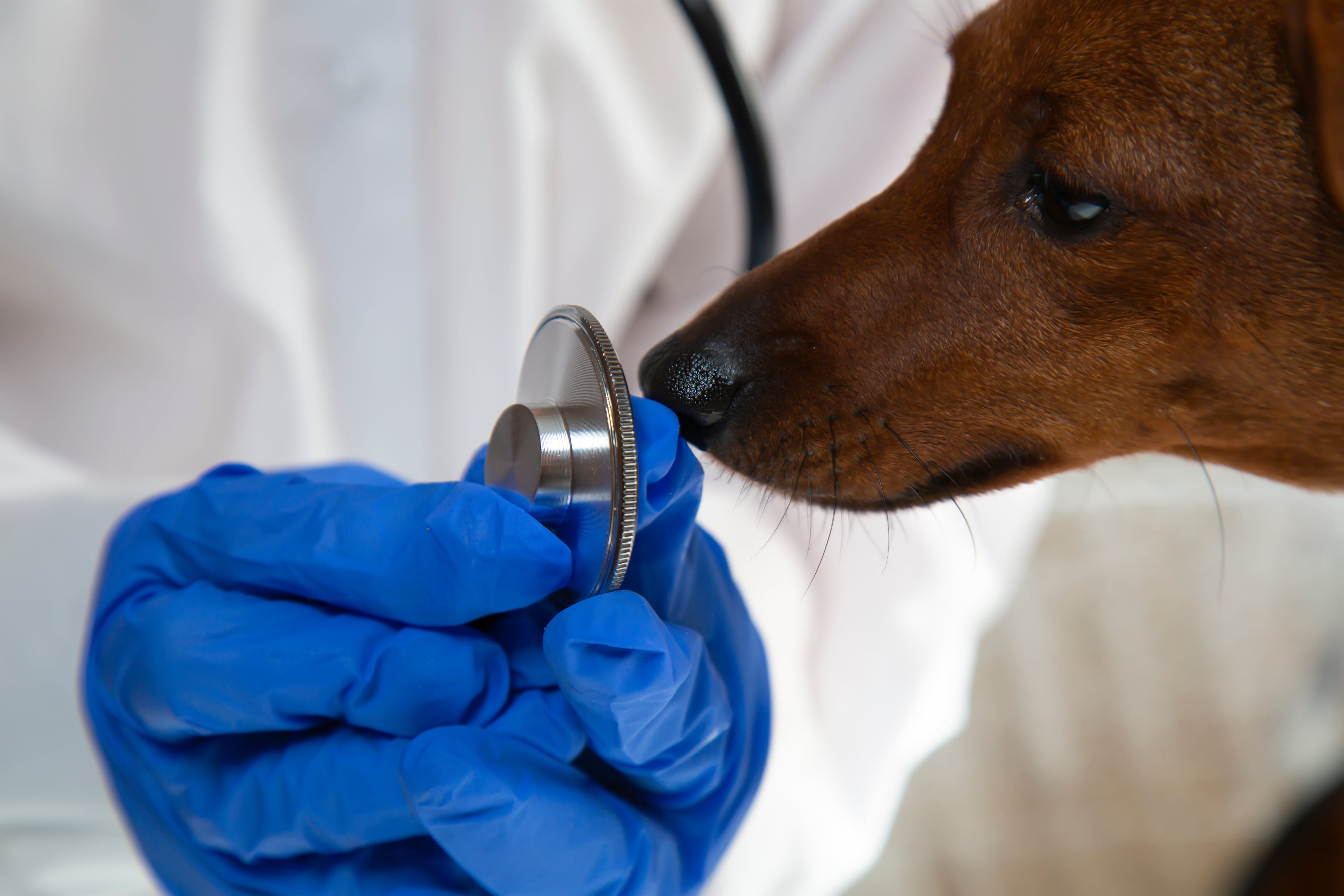
Early Detection of Disease?
These amazing Biodetection Dogs can be trained to detect chemicals in the sweat, exhaled breath, or urine of patients with a whole variety of illnesses. There is a mass of clinical research happening right now looking into how we could benefit from dogs trying to “sniff out” early scents of disease. Prostatic Cancer in men is a very common problem. Current blood tests can struggle to differentiate benign and more but if we were able to use detection dogs to scent out the more malignant forms then treatment could be targeted at the correct patients, without any expensive and invasive tests. The charity, Medical Detection Dogs, has a stated aim of improving the early diagnosis of progressive debilitating diseases. One of their most exciting projects is to try and train dogs to detect a chemical unique to Parkinson’s Disease, assisting in the diagnosis of this notoriously difficult-to-confirm neurological condition.
Armageddon?
Doctors and vets worldwide are very, very concerned at the level of antibiotic resistance which has developed and is developing in both animal and human patients. We have all grown familiar with the term “Superbug” and indeed some hospital operating theatres now accept that some, like MRSA, are here to stay. The use of dogs to scent out genuine infection rather than just a severe inflammatory disease may present valuable opportunities for clinicians to target antimicrobial therapy to those who genuinely need it, reducing inappropriate prescribing: the Holy Grail of antimicrobial control. Research is ongoing on this issue, as it also is in the detection/diagnosis of the massive worldwide problem with malaria.
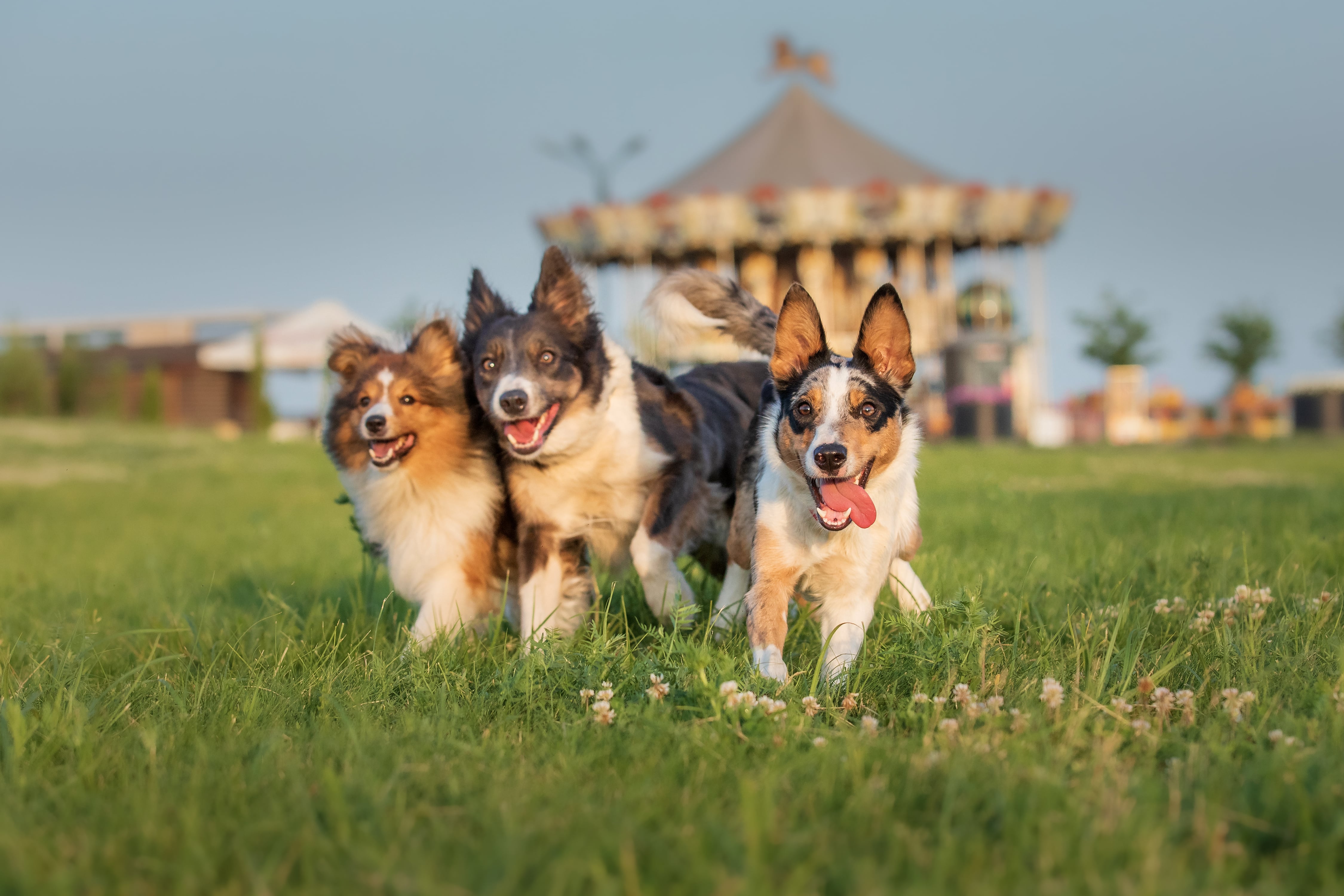
Dogs Rock!
Dogs really do save lives in so many unexpected ways. Their unconditional love supports so many of us owners through life’s crises and happy times alike. It is just so heart-warming to think that these loving friends can also be trained to help in so many other ways.
Disclaimer: This article cannot substitute for treatment decisions based on a full history and clinical examination by your vet.

Meet Veterinary Surgeon Craig:
Craig Reilly BVM&S CertSAM MRCVS Veterinary Surgeon
I love my job. I have been a vet in my home town for most of my 35 year career: a great privilege.
I can remember my first dog so well. She was a wee rescue Labrador who sadly died of Canine Distemper Virus within a few days of us bringing her home from the shelter. I saw more cases of Distemper again when doing charity work in Africa recently, and am so grateful that here most owners are responsible and vaccinate their dogs regularly so we no longer see cases at home.
I qualified with distinction in Medicine from the Dick Vet College, Edinburgh in 1987. In 2002, I was the first vet in Northern Ireland to successfully complete the post-graduate RCVS Certificate of Small Animal Medicine, gaining a deep insight into how an ideal diet positively influences health of our pets, but highlighting the risks some of the fad diets bring.
I have always had pets, growing up and with my own family: I cannot imagine life without these fantastical loyal and loving companions.
